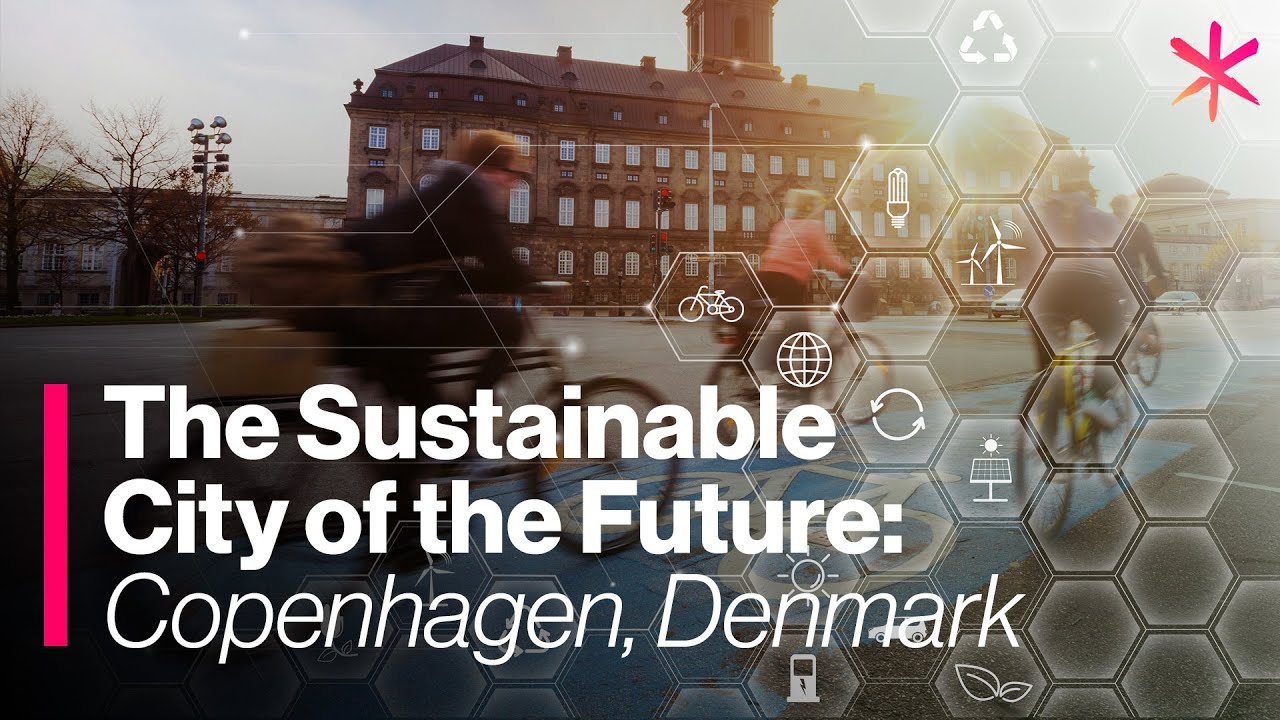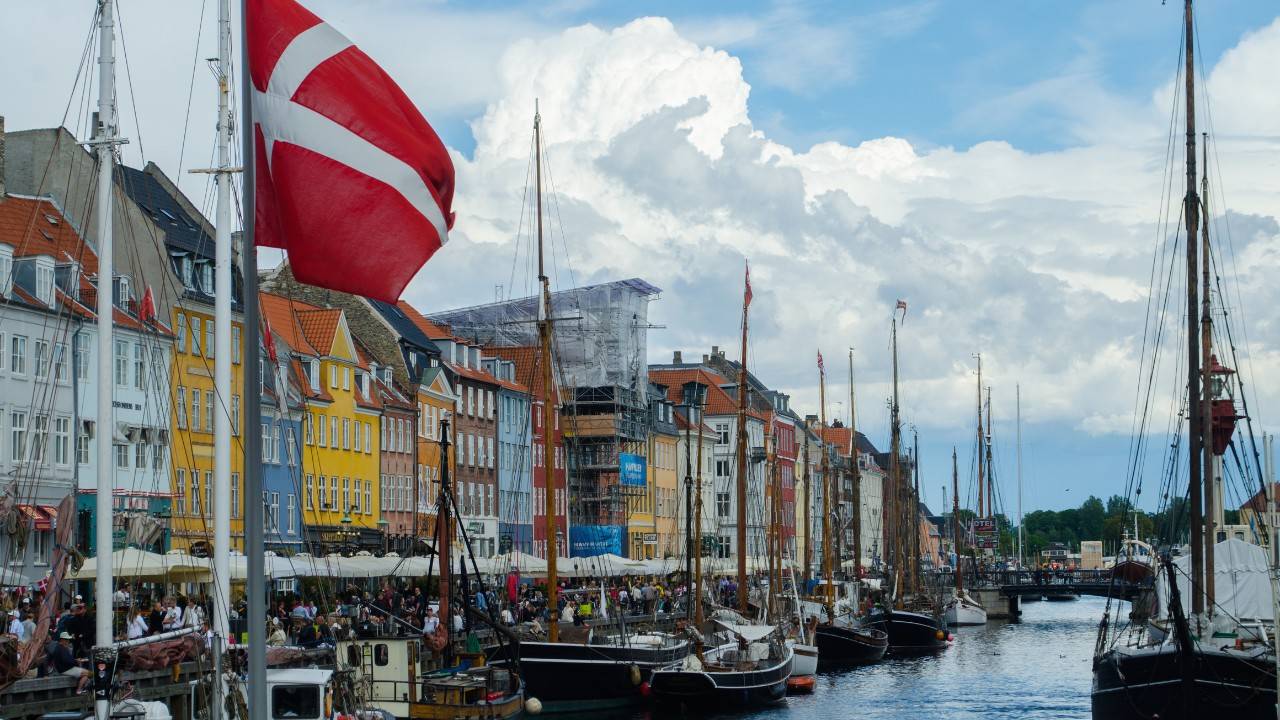City planners across the world are struggling to grow sustainable cities, but faced with climate change, their job is getting increasingly more difficult.
But one city seems to be doing it right — Copenhagen, the capital of Denmark.
Copenhagen’s Lord Mayor, Frank Jensen, says that they have embarked on a project to make the city the first carbon-neutral capital by 2025.
According to Freethink, Copenhagen’s sustainability plan has three branches — mobility, pollution, and energy.
For example, their bicycle infrastructure is so developed that today, 62% of Danish use the bike for daily commutes. There are five times more bikes than cars in the city.
A few decades ago, the harbor was contaminated with oil spills, industrial waste, and even dead fish. After an extensive cleanup program, the harbor is so clean that they even built harbor baths where kids can take a dip after school.
For heating, they use an advanced pipeline system that traps heat from electricity production and delivers it to homes across the city. For cooling, they use a similar pipeline system which captures the cold from the water in the harbor, reducing cooling costs by 70%.
We’d definitely like to see more sustainable cities learning from Copenhagen’s example.
Watch the video from Freethink below.



